-
×
 We Should All Be Feminist
1 × ₦2,250.00
We Should All Be Feminist
1 × ₦2,250.00 -
×
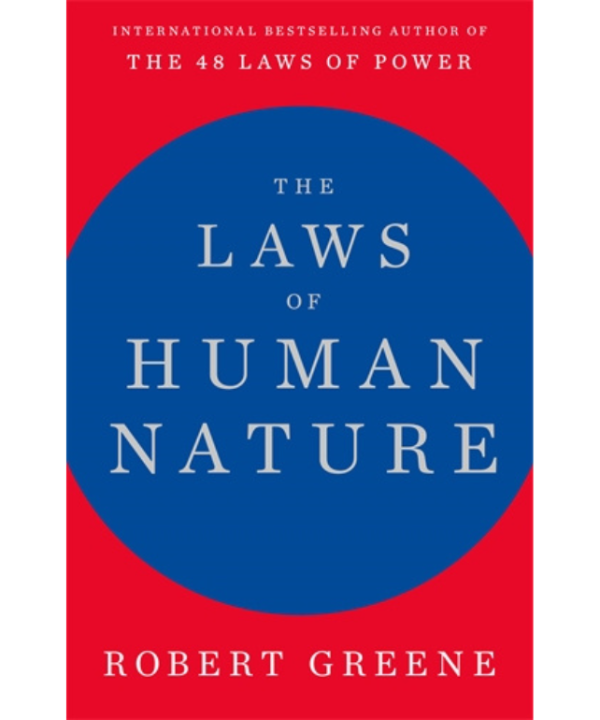 The Laws of Human Nature
2 × ₦27,500.00
The Laws of Human Nature
2 × ₦27,500.00 -
×
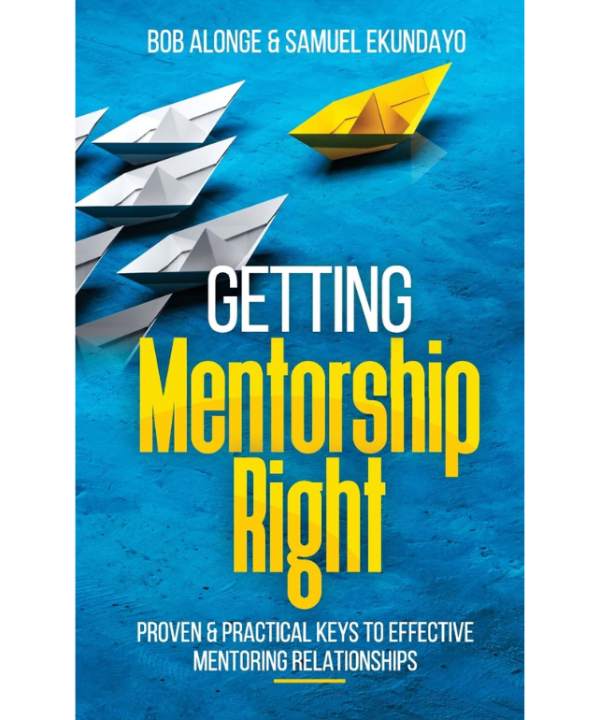 Getting Mentorship Right
2 × ₦5,000.00
Getting Mentorship Right
2 × ₦5,000.00 -
×
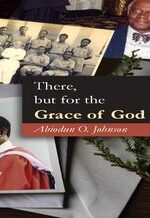 There, but for the Grace of God
1 × ₦3,000.00
There, but for the Grace of God
1 × ₦3,000.00 -
×
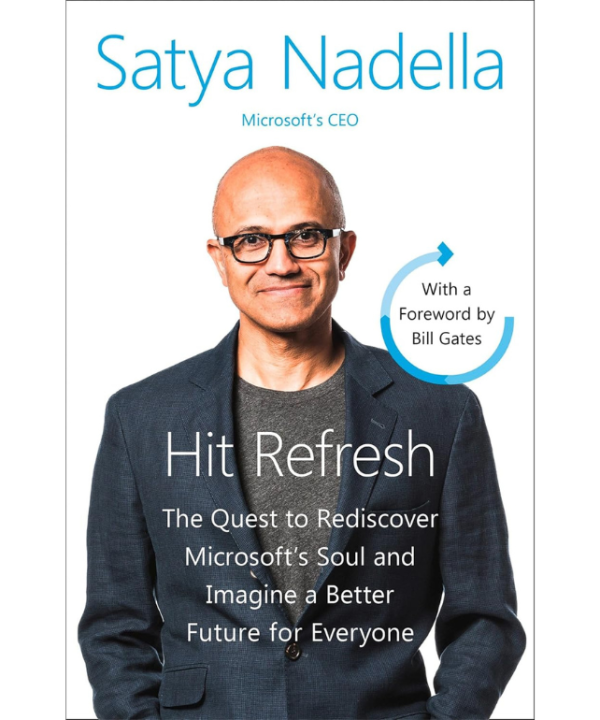 Hit Refresh: The Quest to Rediscover Microsoft's Soul and Imagine a Better Future for Everyone
2 × ₦15,000.00
Hit Refresh: The Quest to Rediscover Microsoft's Soul and Imagine a Better Future for Everyone
2 × ₦15,000.00 -
×
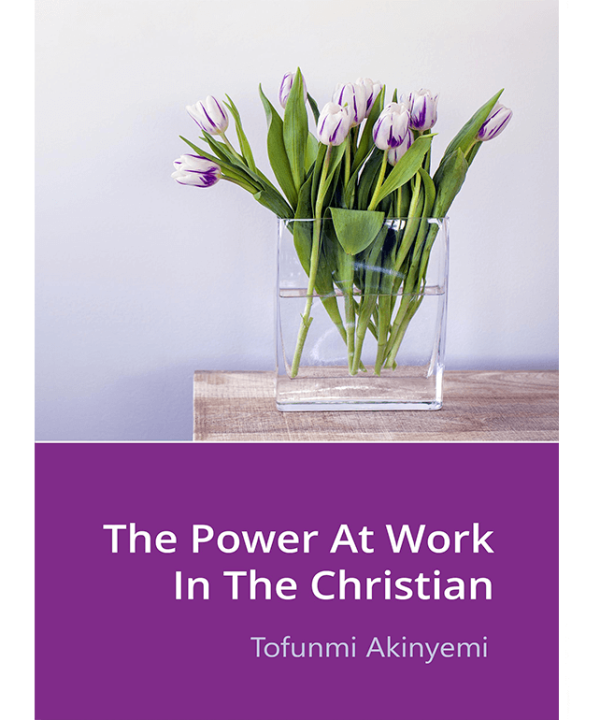 The Power at Work in the Christian by Tofunmi Akinyemi
1 × ₦2,000.00
The Power at Work in the Christian by Tofunmi Akinyemi
1 × ₦2,000.00 -
×
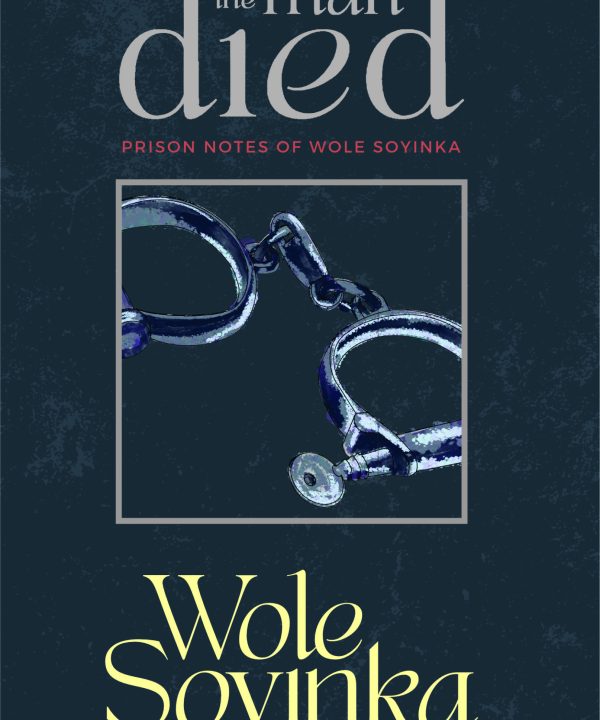 The Man Died: Prison Notes of Wole Soyinka
1 × ₦11,000.00
The Man Died: Prison Notes of Wole Soyinka
1 × ₦11,000.00 -
×
 Emotional Insurance
1 × ₦3,500.00
Emotional Insurance
1 × ₦3,500.00 -
×
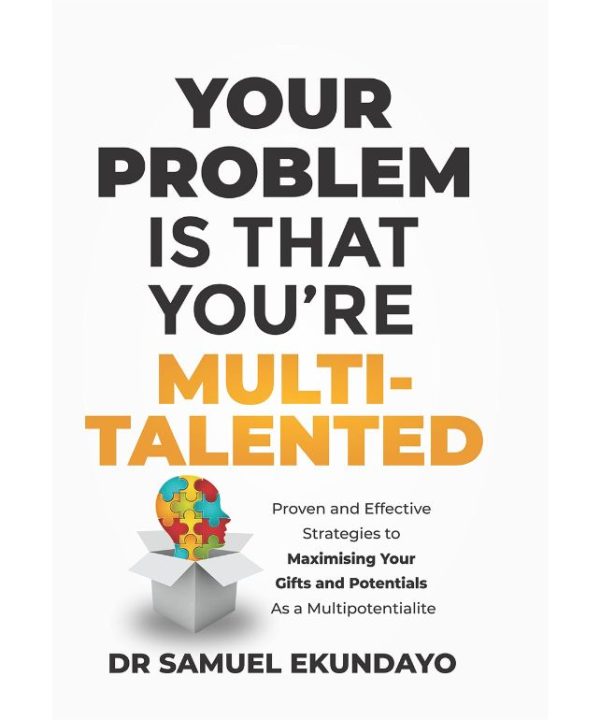 Your Problem is That You're Multi-talented
2 × ₦5,000.00
Your Problem is That You're Multi-talented
2 × ₦5,000.00 -
×
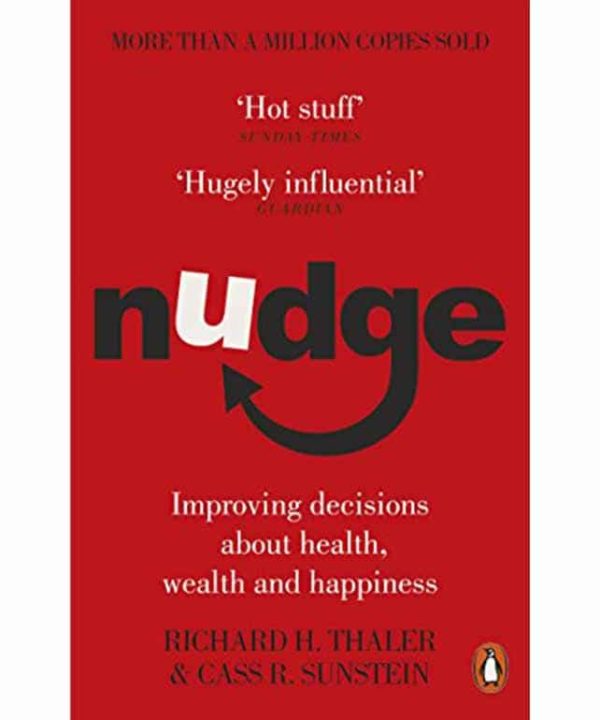 Nudge: Improving Decisions About Health, Wealth, and Happiness
3 × ₦16,500.00
Nudge: Improving Decisions About Health, Wealth, and Happiness
3 × ₦16,500.00 -
×
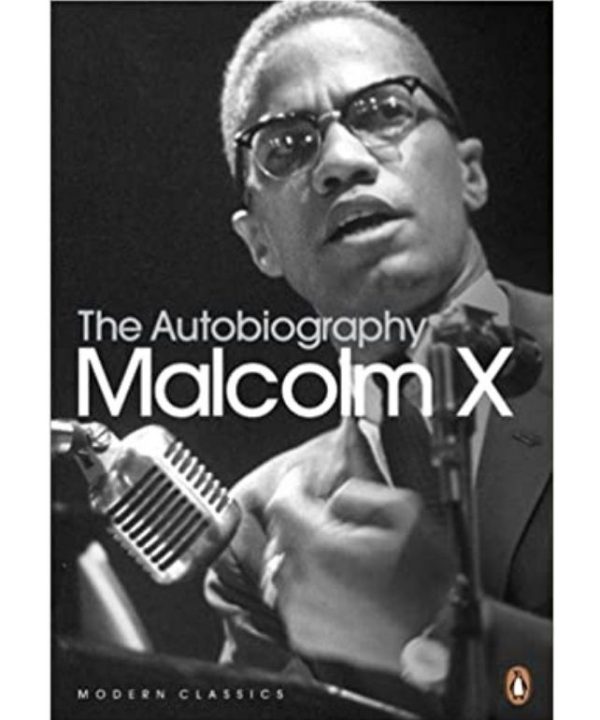 Autobiography of Malcolm X
1 × ₦13,500.00
Autobiography of Malcolm X
1 × ₦13,500.00 -
×
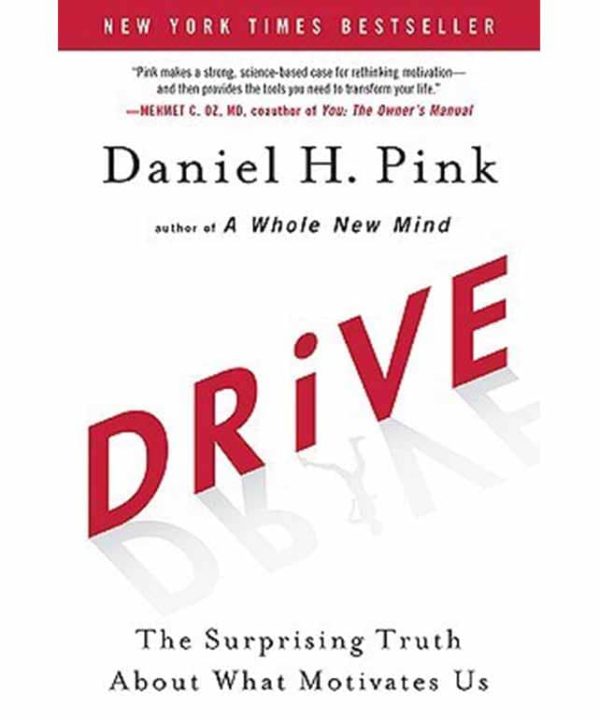 Drive: The Surprising Truth About What Motivates Us
1 × ₦15,500.00
Drive: The Surprising Truth About What Motivates Us
1 × ₦15,500.00 -
×
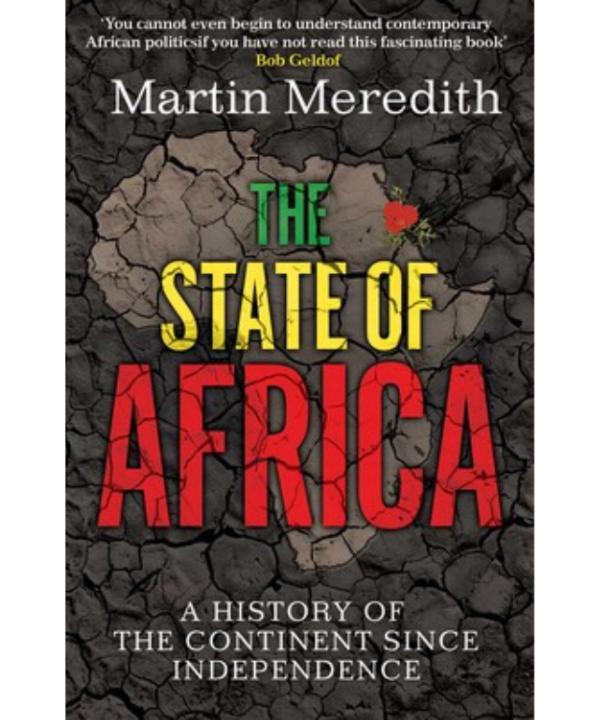 The State of Africa
1 × ₦19,500.00
The State of Africa
1 × ₦19,500.00 -
×
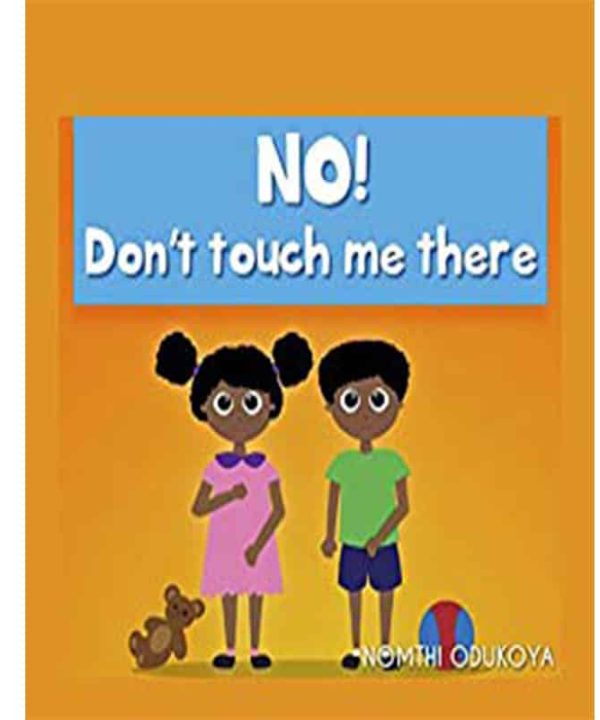 No! Don't Touch Me There
1 × ₦2,500.00
No! Don't Touch Me There
1 × ₦2,500.00 -
×
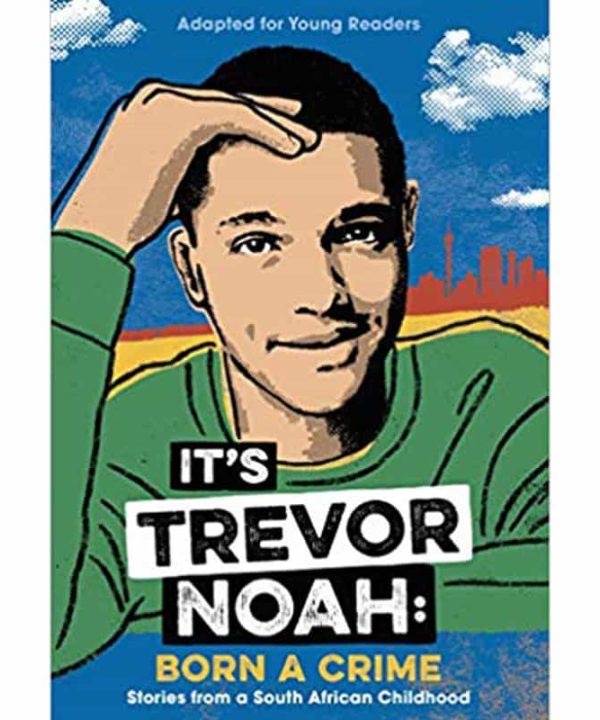 It's Trevor Noah: Born a Crime: Stories from a South African Childhood
1 × ₦13,500.00
It's Trevor Noah: Born a Crime: Stories from a South African Childhood
1 × ₦13,500.00 -
×
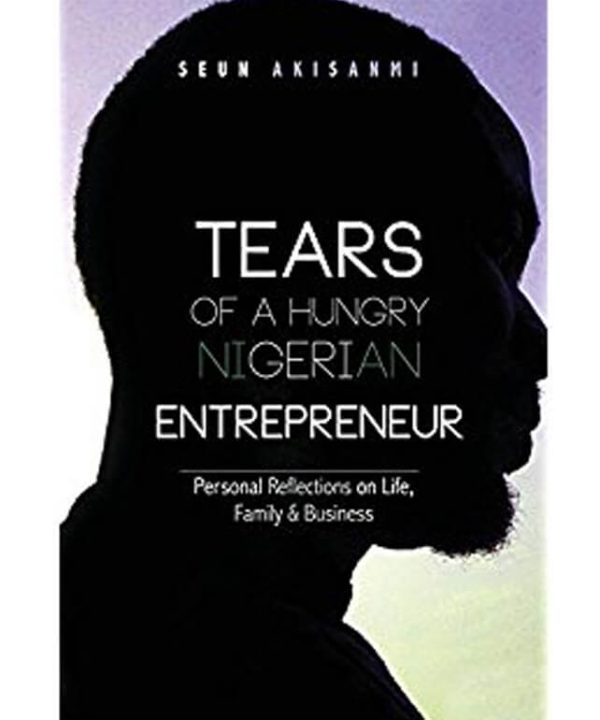 Tears of a Hungry Nigerian Entrepreneur
1 × ₦4,000.00
Tears of a Hungry Nigerian Entrepreneur
1 × ₦4,000.00 -
×
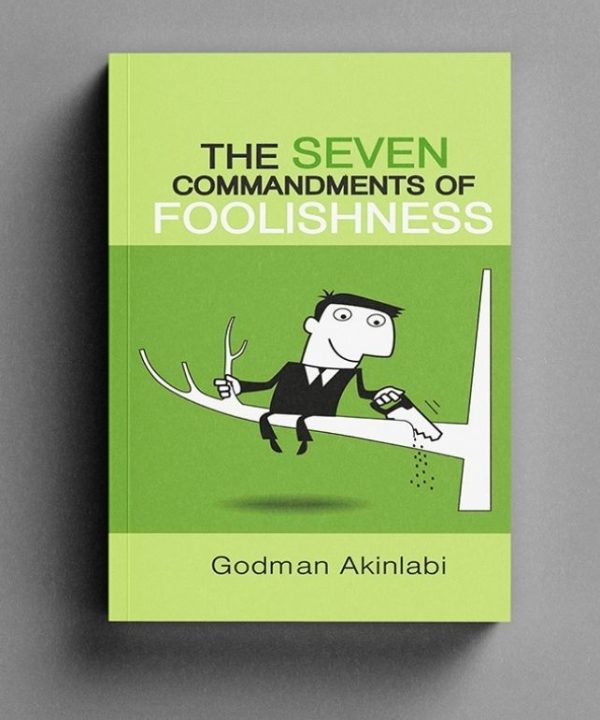 The Seven Commandments of Foolishness
1 × ₦1,000.00
The Seven Commandments of Foolishness
1 × ₦1,000.00 -
×
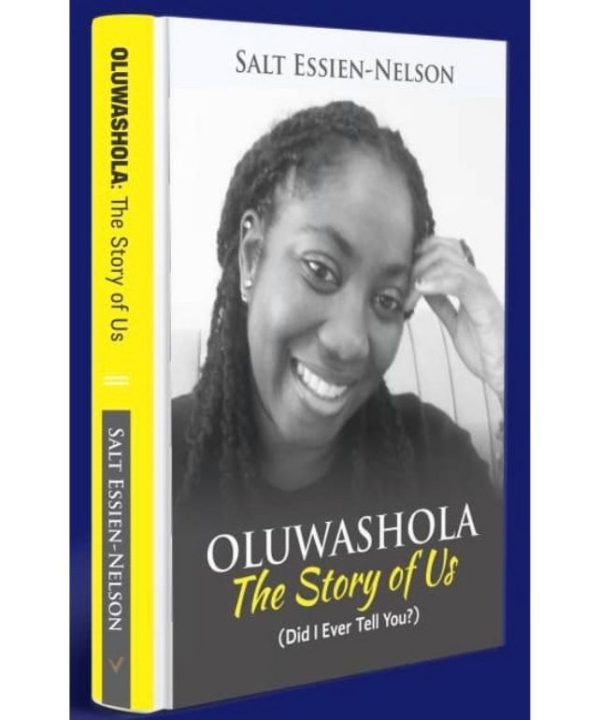 Oluwashola: The Story of Us
1 × ₦5,000.00
Oluwashola: The Story of Us
1 × ₦5,000.00 -
×
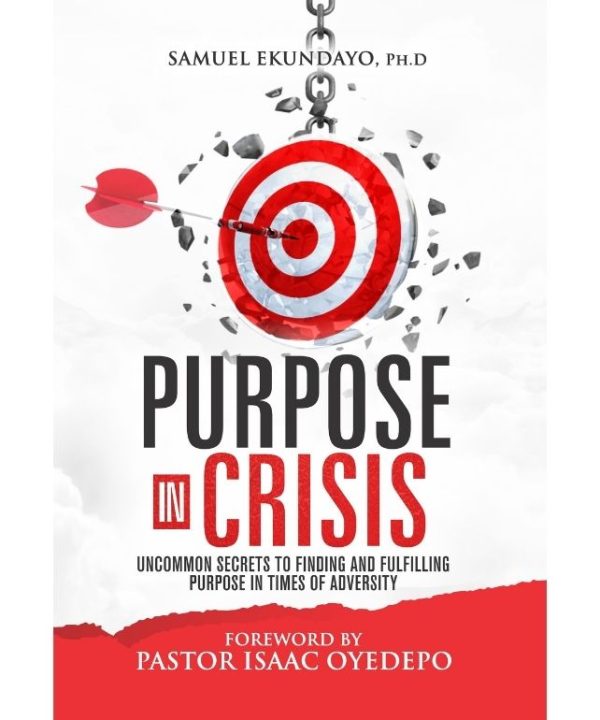 Purpose in Crisis
1 × ₦5,000.00
Purpose in Crisis
1 × ₦5,000.00 -
×
 Bank of Deposits
1 × ₦2,000.00
Bank of Deposits
1 × ₦2,000.00 -
×
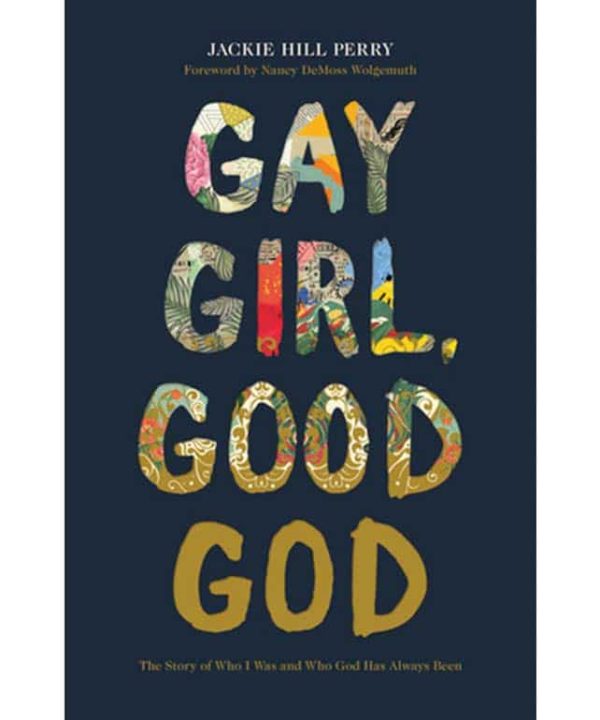 Gay Girl, Good God: The Story of Who I Was, and Who God Has Always Been
1 × ₦30,000.00
Gay Girl, Good God: The Story of Who I Was, and Who God Has Always Been
1 × ₦30,000.00 -
×
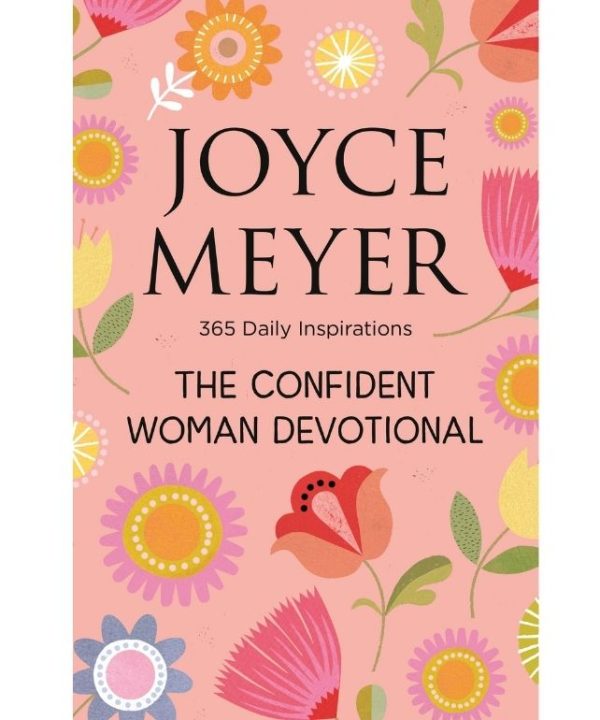 The Confident Woman Devotional
1 × ₦16,000.00
The Confident Woman Devotional
1 × ₦16,000.00 -
×
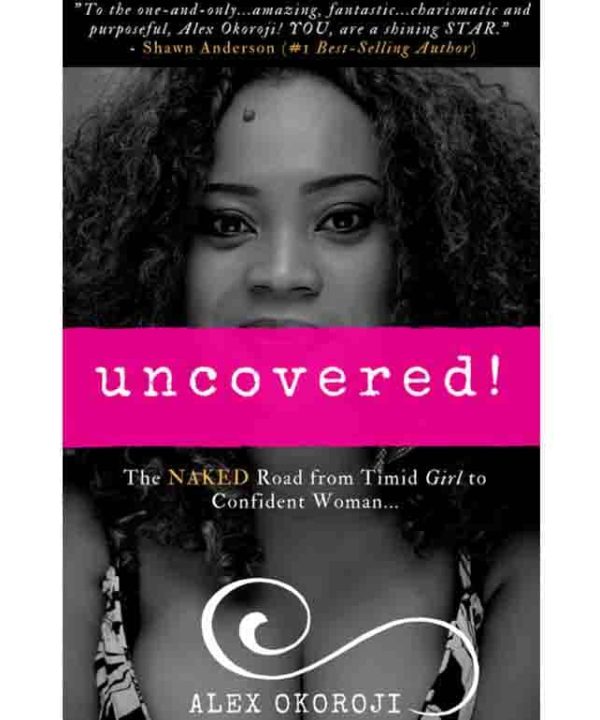 UNCOVERED! The Naked Road From Timid Girl to Confident Woman
1 × ₦6,000.00
UNCOVERED! The Naked Road From Timid Girl to Confident Woman
1 × ₦6,000.00 -
×
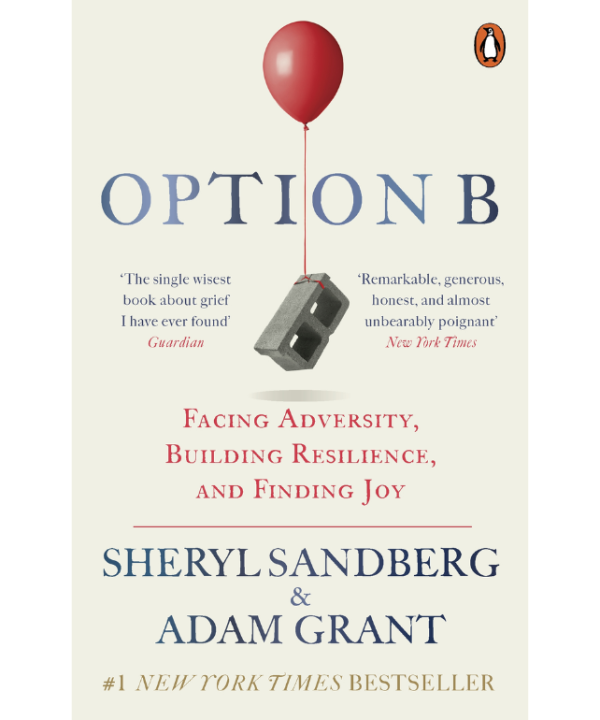 Option B: Facing Adversity, Building Resilience, and Finding Joy
1 × ₦17,500.00
Option B: Facing Adversity, Building Resilience, and Finding Joy
1 × ₦17,500.00 -
×
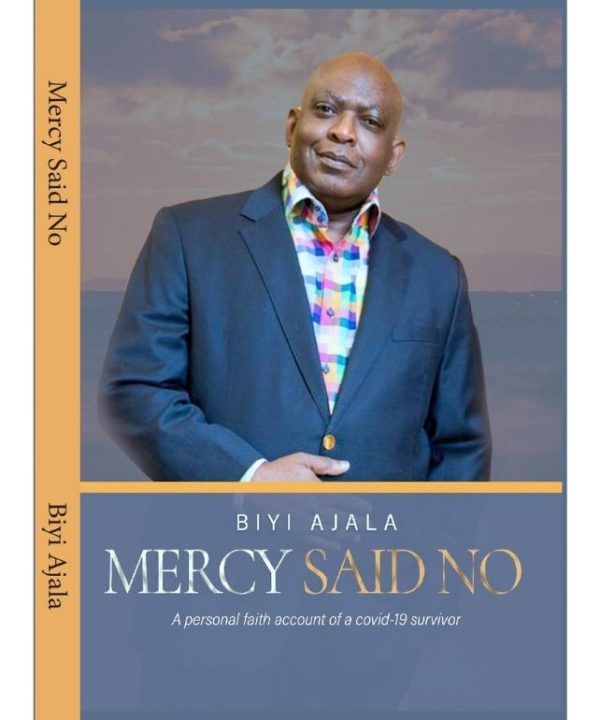 MERCY SAID NO: A PERSONAL FAITH ACCOUNT OF A COVID-19 SURVIVOR
1 × ₦5,000.00
MERCY SAID NO: A PERSONAL FAITH ACCOUNT OF A COVID-19 SURVIVOR
1 × ₦5,000.00
The Politics of Federalism in Nigeria
₦6,000.00
Until 1954, Nigeria operated as a colonial unitary state. In 1954, Nigeria adopted federalism as a mechanism for managing conflicts among its heterogeneous populations. Why did Nigeria’s political leaders adopt federalism?
On October 1, 1960, Nigeria became independent. How did Nigerian federalism operate? Why did the military intervention in politics, and why did all military regimes, (except one) adopt an amended or ‘warped’ form of federalism?
1 in stock




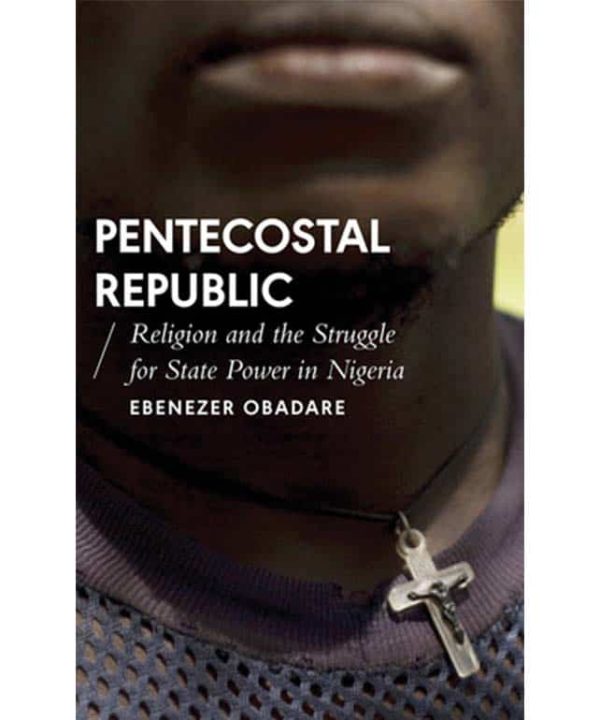
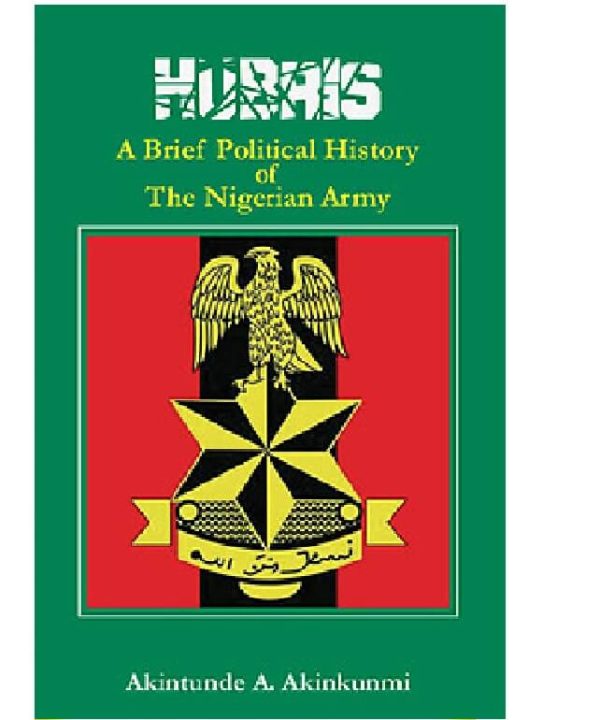

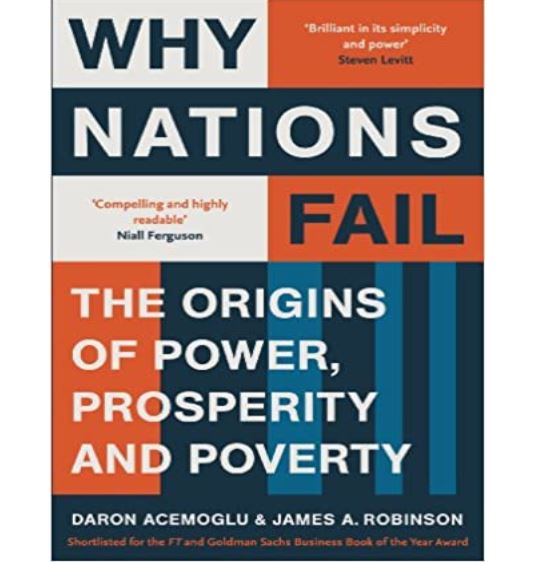
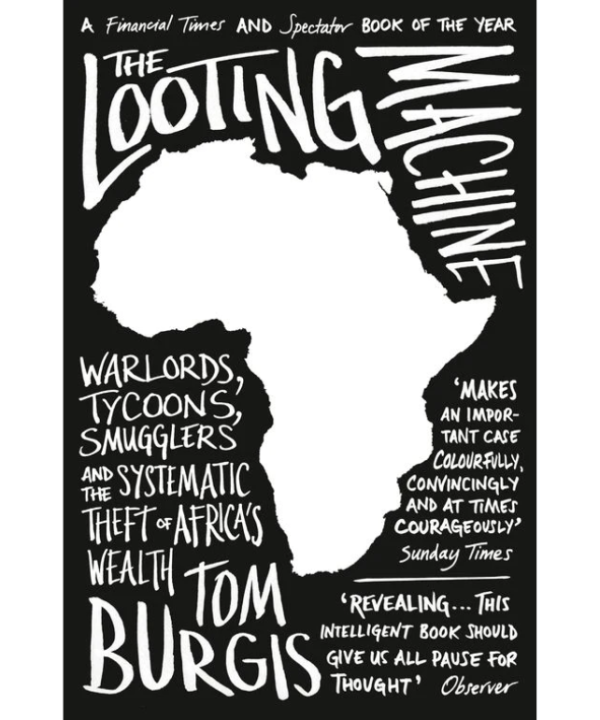

Reviews
There are no reviews yet.